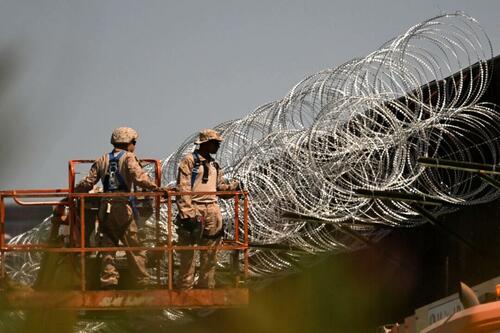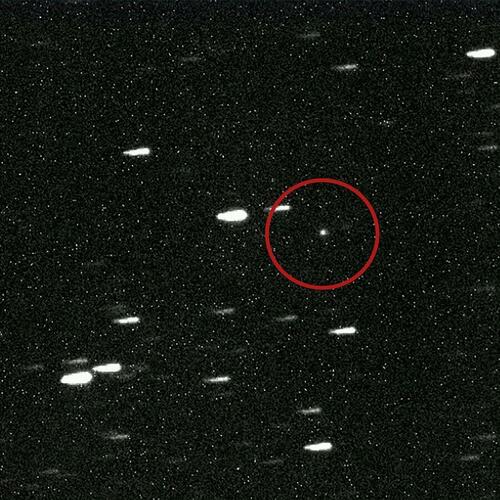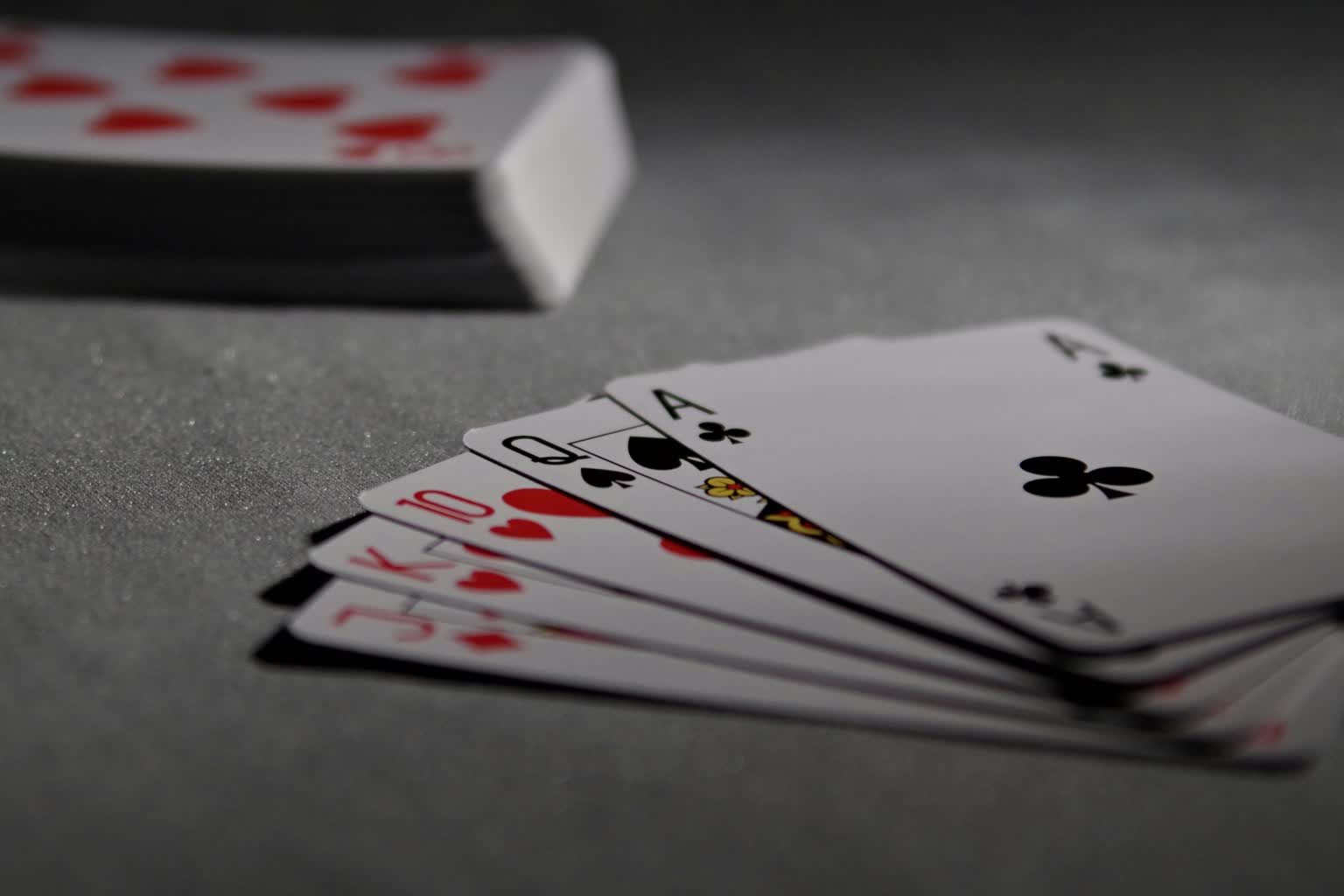According to the Euronews portal, a wide scope of U.S. products, including almonds, orange juice, poultry, soy, tobacco, steel, aluminium and yachts, have been subject to 25% of the duties.
These measures respond to the analogous burden previously imposed by the US on European exports of steel and aluminium.
The EU responds to US duties. This decision will hurt Trump.
These are the first concrete steps taken by Europe in an ongoing trade dispute, initiated by president Donald Trump's administration against US trade partners worldwide.
The list of products subject to sanctions, as previously seen by the Euronews editorial board, was the subject of intense negotiations, as any countries feared the negative effects on their key sectors of the economy. Hungary powerfully announced that they would not support this decision.
France, Ireland and Italy, on the another hand, successfully sought the removal of Bourbon from the whisky list, after Trump threatened to impose a 200 % work on European alcohols if it was subject to EU sanctions.
The final list of US products subject to EU retaliatory action was not immediately published.
"They can be suspended at any time (EU-ed) if the US agrees to fair and balanced negotiations," said the EC Trade spokesperson Olof Gill on Wednesday.
The value of U.S. products subject to EU retaliatory tariffs is expected to scope around EUR 22 billion per year, which means that the scale of EU action will be somewhat lower than the scope of US duties.
The additional charges introduced by the US on 12 March for imports of steel and aluminium from the European Union include goods with a full value of about EUR 26 billion per year.















